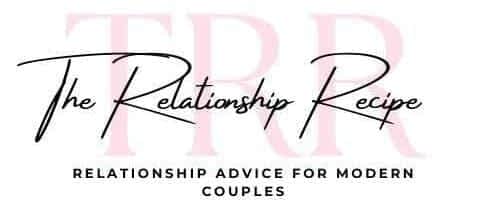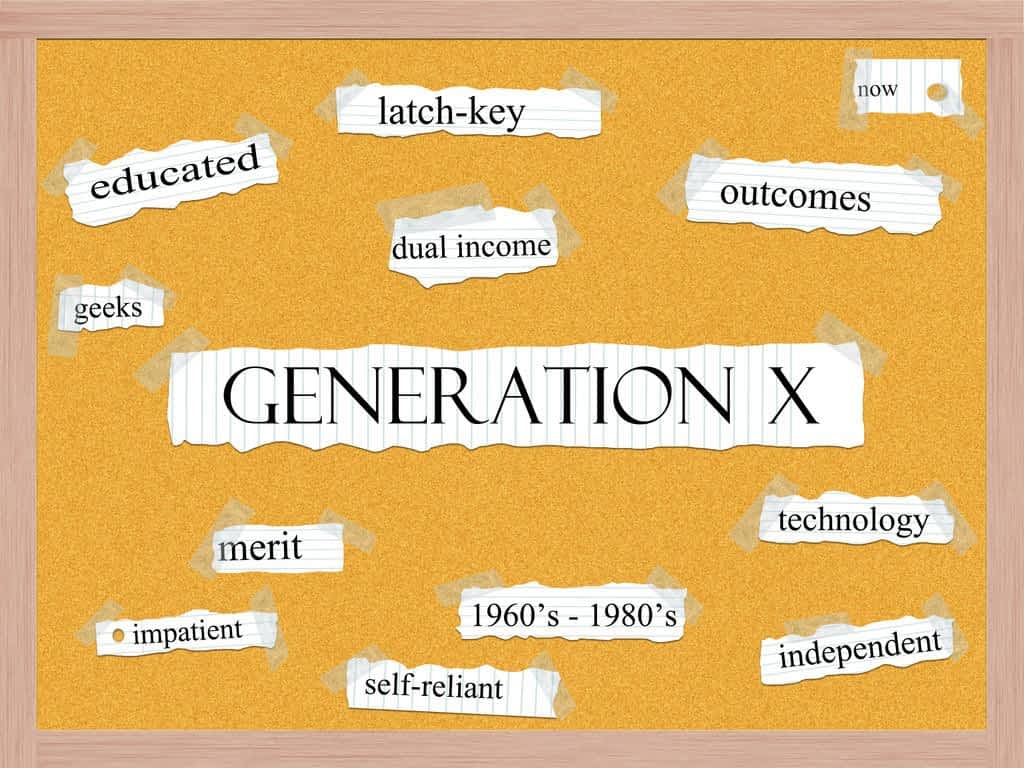When Love Feels Like Walking on Eggshells
The Pattern You Didn’t Know Had a Name
I’ve been researching how control creeps into relationships, and honestly, it’s unsettling how strategic it can be.
There’s this progression. Eight stages, actually. It starts with charm that feels almost too good to be true. Then comes the isolation, so gradual you barely notice. By the time you’re questioning your own reality, you’re already deep in it.
If you’ve ever felt like your autonomy was slowly disappearing, this might hit close to home.

It Doesn’t Start with Violence
Here’s what most people don’t realize: coercive control rarely announces itself. There are no obvious red flags at first. No bruises, no screaming matches. Just a slow erosion of who you are.
It’s the foundation beneath other forms of abuse. You can’t have physical abuse without it. Financial abuse… same thing. Manipulation of any kind requires this underlying architecture of control.
The scary part is it often wears the mask of love.
Three Flavors of Control
Emotional coercion plays with your head through threats and guilt. Maybe they threaten to harm themselves if you leave. Perhaps they weaponize shame to keep you in line.
Isolation cuts you off from everyone who might help you see clearly. Your friends, your family, even your colleagues become off-limits. Suddenly you’re dependent on the one person who’s controlling you.
Then there’s the total takeover: your finances, your appearance, your decisions. They’re monitoring your phone. Tracking where you go. Telling you what to wear. It sounds extreme until you realize how many people are living this right now.
The Eight-Stage Descent
It begins with idealization. Love bombing, they call it. You’re showered with affection, pulled into intense intimacy faster than feels natural. But it feels amazing, doesn’t it?
Stage two brings devaluation. Little criticisms that chip away at your confidence. Nothing major at first, just enough to make you doubt yourself.
By stage three, you’re isolated. Your support network is shrinking, and you might not even realize it’s happening.
Demands and threats arrive at stage four. Suddenly there are rules. Consequences. A climate of fear starts settling in.
Stage five is where things get truly disorienting. Denials, minimization, gaslighting. Did that conversation even happen? Are you remembering wrong? Maybe you’re too sensitive.
Guilt and shame take over in stage six. Everything becomes your fault somehow. Your shortcomings are magnified.
Humiliation and degradation follow. Your self-worth crumbles under constant attacks.
The final stage creates an atmosphere of terror. You’re on edge constantly, never quite safe, always waiting for the next explosion.
The Blurry Line Between Influence and Domination
Manipulation and coercive control aren’t quite the same thing. Manipulation influences you to do something you wouldn’t normally do. It’s persuasion, sometimes deception.
Coercive control goes further. It’s about domination. Intimidation. Fear. It’s not just getting you to do something; it’s making you someone else entirely.
Do They Know What They’re Doing?
Sometimes yes, sometimes no. Some controllers are fully aware of their tactics. Others might be repeating patterns they learned without conscious awareness.
Either way, the damage is real.
Who Does This?
There’s no single profile. But certain traits show up more often: narcissism, psychopathy, antisocial tendencies. People who need to feel powerful and superior. People who see relationships as games to win rather than partnerships to nurture.
Research shows this pattern appears more in male-on-female relationships, though it crosses all gender lines. Traditional gender roles and societal expectations of masculinity play a role. So does the fact that it’s easy to hide and effective at getting results.
Where It Comes From
The roots run deep. Childhood trauma often features in these stories. Maybe they witnessed domestic violence growing up. Perhaps they experienced abuse themselves and learned to see control as normal.
Attachment issues from early childhood can create adults who crave control and validation in unhealthy ways.
Personality traits matter too. Narcissists need dominance. Psychopaths lack empathy. People with antisocial personality disorder disregard others’ rights entirely.
Cultural factors weave through all of this. Gender roles that emphasize male dominance. Social norms that encourage aggression. A general lack of awareness that makes coercive control hard to identify and address.
Low self-esteem, mental health struggles, substance abuse; these can all increase vulnerability on both sides.
The Subtle Signs You Might Miss
They constantly demand your time and attention. Your hobbies suddenly seem like problems. They disapprove of how you spend your free time.
Your phone, your emails, your social media are all monitored. They always need to know where you are.
They control the money. You have to ask permission to spend. Your purchases are criticized.
They tell you what to wear. They comment on your body. They make you self-conscious about your appearance.
Friends and family become topics of conflict. You start feeling guilty for wanting to socialize. Rumors get spread about people you love.
The criticism never stops. You can’t do anything right. Insults and sarcasm become the language of your relationship.
Threats hang in the air. “If you leave, I’ll hurt myself.” “You have no choice.” Emotional blackmail becomes routine.
When Gaslighting Enters the Picture
Yes, gaslighting is absolutely a form of coercive control. It’s when they deny things they said or did. When they accuse you of being forgetful or crazy. When they shift blame onto you and manipulate the truth so thoroughly you start doubting your own memories.
It’s devastating. It makes you feel like you’re losing your mind. And it makes leaving feel impossible.
The Psychological Wreckage
Living under coercive control destroys you from the inside. Your self-esteem vanishes. Confidence becomes a distant memory.
Anxiety and depression move in like permanent residents. PTSD develops, bringing flashbacks and nightmares and constant hypervigilance.
You become isolated and lonely, unable to trust anyone. Some victims turn to self-harm. Some contemplate suicide.
The effects vary from person to person, but no one escapes unscathed.
What Happens When They Lose Control
This is where things can get dangerous.
You might feel empowered and relieved. Finally, some breathing room. Your self-worth starts creeping back.
But fear and anxiety come too. What will they do? How will they retaliate?
Confusion and grief are common. Even abusive relationships leave a hole when they end.
The abuser’s reaction can be explosive. Anger, rage, desperation. They might make empty promises or escalate threats. Stalking and harassment aren’t uncommon. Sometimes it turns violent.
Revenge becomes a real possibility, especially with narcissistic or psychopathic personalities. The more severe the abuse was, the greater the risk. If you’ve exposed them or taken legal action, that risk increases.
Protecting Yourself
If you’re reading this and recognizing your own relationship, please talk to someone you trust. Create a safety plan. Reach out to a domestic violence hotline. Get legal help if you need it. Find a counselor or therapist.
Resources:
- National Domestic Violence Hotline: 1-800-799-SAFE (7233)
- The National Coalition Against Domestic Violence: ncadv.org
- RAINN (Rape, Abuse & Incest National Network): rainn.org
This post may contain affiliate links. I earn from qualifying Amazon purchases at no extra cost to you. This content is for informational purposes only and is not a substitute for professional advice. [Read full disclaimer.]
Thank you for reading this post, don't forget to subscribe!







